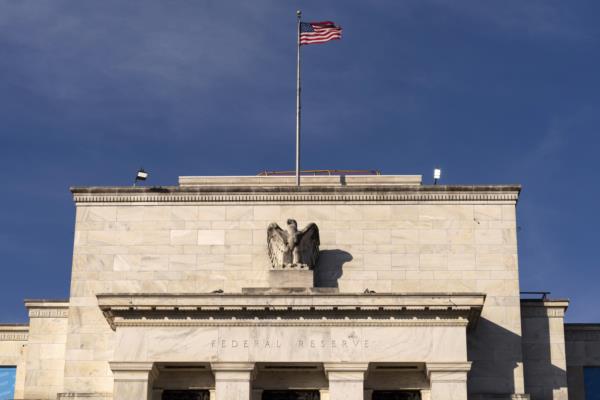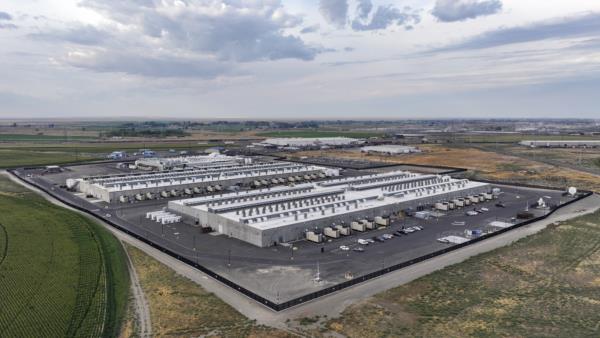
On his first day in office, President Donald Trump is focusing on executive actions aimed at cutting energy prices and addressing inflation in the United States. These actions include easing regulatory burdens on oil and natural gas production and declaring a national energy emergency to boost electricity production. The administration is also seeking a government approach to combat inflation.
One of the key initiatives is to end what Trump refers to as an electric car 'mandate,' although there is no such mandate in place. The administration is looking to encourage natural resource production to lower costs for consumers, particularly in the energy sector.
While Trump had previously threatened tariffs on countries like China, Mexico, and Canada, he is currently holding off on imposing higher taxes on imports. Instead, he plans to direct federal agencies to study trade issues.
Inflation has been a growing concern, with factors such as a housing shortage and global supply chain disruptions contributing to rising prices. The Federal Reserve plays a crucial role in managing inflation through various monetary policy tools.





Trump's efforts to increase U.S. oil and gas production are seen as vital for national security and economic stability. However, energy spending represents a relatively small portion of overall expenditures, with food and shelter accounting for larger shares.
Inflation has been on the rise globally, exacerbated by events like the Russia-Ukraine conflict and supply chain disruptions. The Fed has responded by raising interest rates, but inflation remains a persistent challenge.
Trump's proposed measures, including extending tax cuts and rolling back regulations on renewable energy and electric vehicles, may require congressional approval. The administration aims to address inflation and energy prices while navigating complex economic dynamics.







